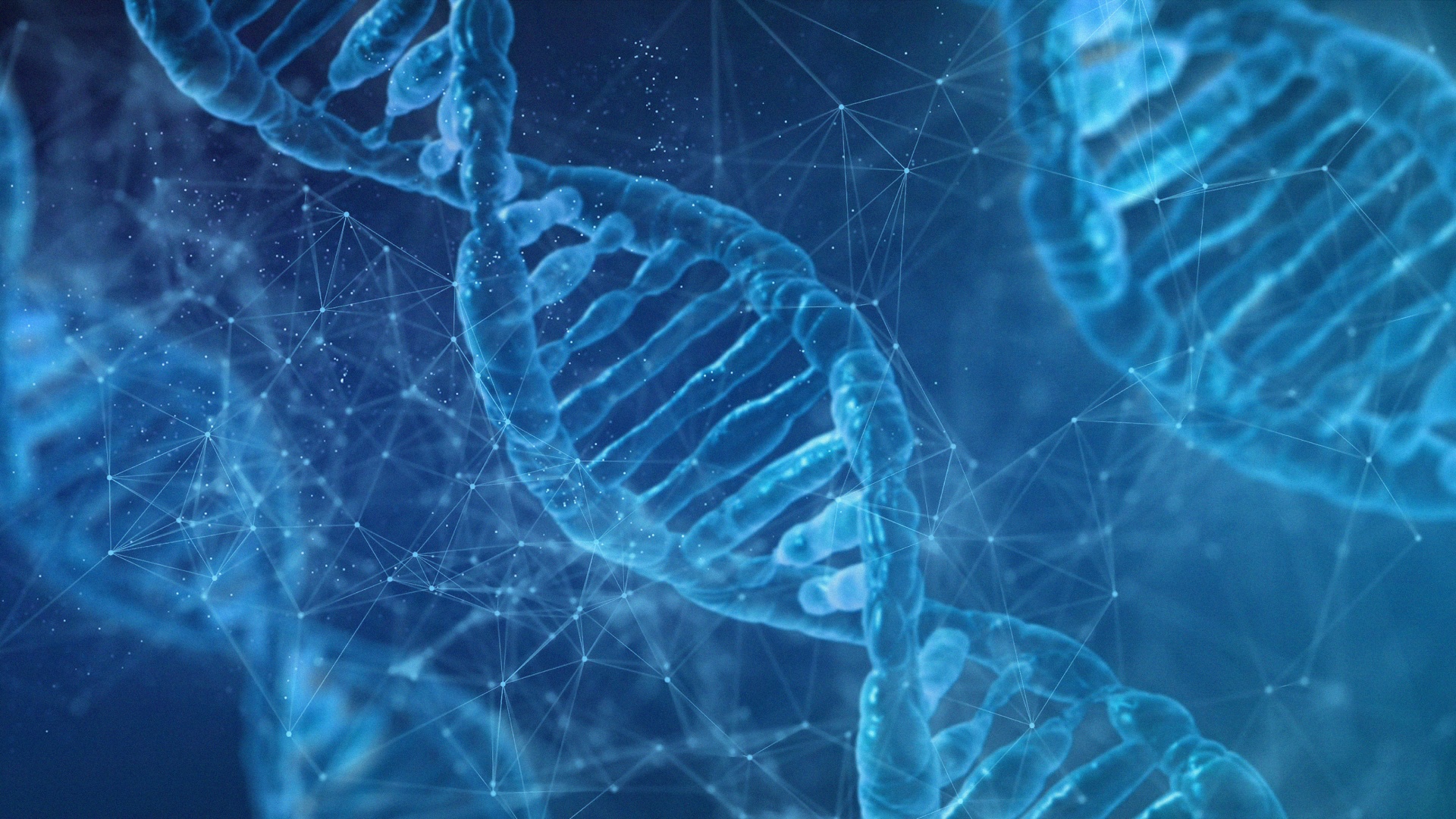Attachments
Note: Not all attachments are visible to the general public. Research URLs will go live after the embargo ends.

Journal/
conference: Nature Genetics
conference: Nature Genetics
Research:Paper
Organisation/s:
QIMR Berghofer Medical Research Institute, Tongji University School of Medicine, China
Funder:
Z.L. acknowledges support from the National Natural Science
Foundation of China (91942312, 81630017). H.H. acknowledges
support from NIDDK K01DK114379, NIDDK R01DK129364 and the
Stanley Center for Psychiatric Research. M.L. acknowledges support
from the National Natural Science Foundation of China (81870389,
82070565). Y. Kakuta and Y. Kinouchi acknowledge support from
JSPS KAKENHI (21K07884, 21K07955), the Japan Agency for Medical
Research and Development (AMED) (JP18kk0305002) and Labour
Sciences Research Grants for Research on Intractable Diseases from the Ministry of Health, Labour and Welfare of Japan. Y. Kakuta, Y. Kawai,
K.T. and M.N. acknowledge support from AMED (JP19km0405501).
K.S. acknowledges support from the National Research Foundation
of Korea (2017R1A2A1A05001119, 2020R1A2C2003275). J.C.
acknowledges support from NIDDK U24DK062429 and NIDDK
U01DK062422. D.P.B.M. acknowledges the Leona M. and Harry B.
Helmsley Charitable Trust and NIDDK U01DK062413. K.T. and M.N.
acknowledge support from AMED (JP19km0405205). Part of the
computations on JPN1 was performed on the NIG supercomputer
at the ROIS National Institute of Genetics. Computations on SHA1
were performed in a supercomputing environment at the Digital
Health China Technologies Corp. Ltd. We want to acknowledge the
participants and investigators of the FinnGen study. The FinnGen
project is funded by two grants from Business Finland (HUS
4685/31/2016 and UH 4386/31/2016) and the following industry
partners: AbbVie Inc., AstraZeneca UK Ltd., Biogen MA Inc., Bristol
Myers Squibb (and Celgene Corporation & Celgene International
II Sàrl), Genentech Inc., Merck Sharp & Dohme Corp, Pfizer Inc.,
GlaxoSmithKline Intellectual Property Development Ltd., Sanofi
US Services Inc., Maze Therapeutics Inc., Janssen Biotech Inc.,
Novartis AG and Boehringer Ingelheim. The following biobanks are
acknowledged for delivering biobank samples to FinnGen: Auria
Biobank (www.auria.fi/biopankki), THL Biobank (www.thl.fi/biobank),
Helsinki Biobank (www.helsinginbiopankki.fi), Biobank Borealis
of Northern Finland (https://www.ppshp.fi/Tutkimus-ja-opetus/
Biopankki/Pages/Biobank-Borealis-briefly-in-English.aspx), Finnish
Clinical Biobank Tampere (www.tays.fi/en-US/Research_and_
development/Finnish_Clinical_Biobank_Tampere), Biobank of
Eastern Finland (www.ita-suomenbiopankki.fi/en), Central Finland
Biobank (www.ksshp.fi/fi-FI/Potilaalle/Biopankki), Finnish Red
Cross Blood Service Biobank (www.veripalvelu.fi/verenluovutus/
biopankkitoiminta) and Terveystalo Biobank (www.terveystalo.com/
fi/Yritystietoa/Terveystalo-Biopankki/Biopankki/). All Finnish Biobanks
are members of BBMRI.fi infrastructure (www.bbmri.fi). Finnish
Biobank Cooperative-FINBB (https://finbb.fi/) is the coordinator of
BBMRI-ERIC operations in Finland. The Finnish biobank data can be
accessed through the Fingenious services (https://site.fingenious.fi/
en/) managed by FINBB.



 Australia; International; QLD
Australia; International; QLD


